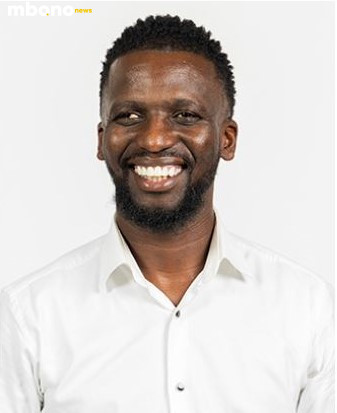In a tense moment that stirred both debate and discomfort, Patriotic Alliance MP Ashley Sauls took aim at the Zimbabwean-born Chief Financial Officer of Sefako Makgatho Health Sciences University, Mr Enimos Manyawi, during a recent parliamentary session.
The question that turned heads:
“Do you consider yourself South African or Zimbabwean?”
Sauls, known for his sharp rhetoric and the Patriotic Alliance’s firm stance on immigration policy, did not mince words as he pressed Manyawi on his national identity—a line of questioning that quickly ignited political controversy.
🎓 The Setting: Public Institutions and Foreign-Born Executives
Mr Enimos Manyawi, who has held the top financial post at the university for several years, was appearing before Parliament to account for institutional finances. What began as a routine oversight session quickly took a personal and political turn when Sauls veered from the financials to focus on Manyawi’s origins.
“We have a duty to know who is managing public money,” Sauls said.
“Do you serve South Africa or your country of birth?”
🌍 Identity Under Scrutiny: A Bigger Debate
Manyawi, reportedly holding legal status to work in South Africa, was visibly composed as he responded, though his exact reply was not made public. The moment has raised broader questions about national loyalty, foreign-born professionals in state institutions, and the growing tensions around immigration and employment equity in public roles.
🗳️ Political Undertones and Public Reaction
The Patriotic Alliance has been vocal about prioritizing South Africans for key jobs, especially in government-linked institutions. Critics, however, are calling the exchange xenophobic in tone, arguing that legal residency and qualifications—not birthplace—should guide employment decisions.
Supporters of Sauls say the question was justified, given the public accountability mandate of Parliament.
Opponents argue it crossed a line:
“This wasn’t oversight—it was a public interrogation of identity,” said one social commentator.
“It reflects a deeper discomfort with African unity in practice.”
📌 Why This Moment Matters
This isn’t just about one man or one university job. It’s about the growing tension between patriotism and professionalism, and how South Africa navigates its complex relationship with skilled migrants, especially from neighboring countries.
In a country grappling with unemployment, xenophobia, and institutional mistrust, moments like these ripple far beyond the parliamentary floor.
